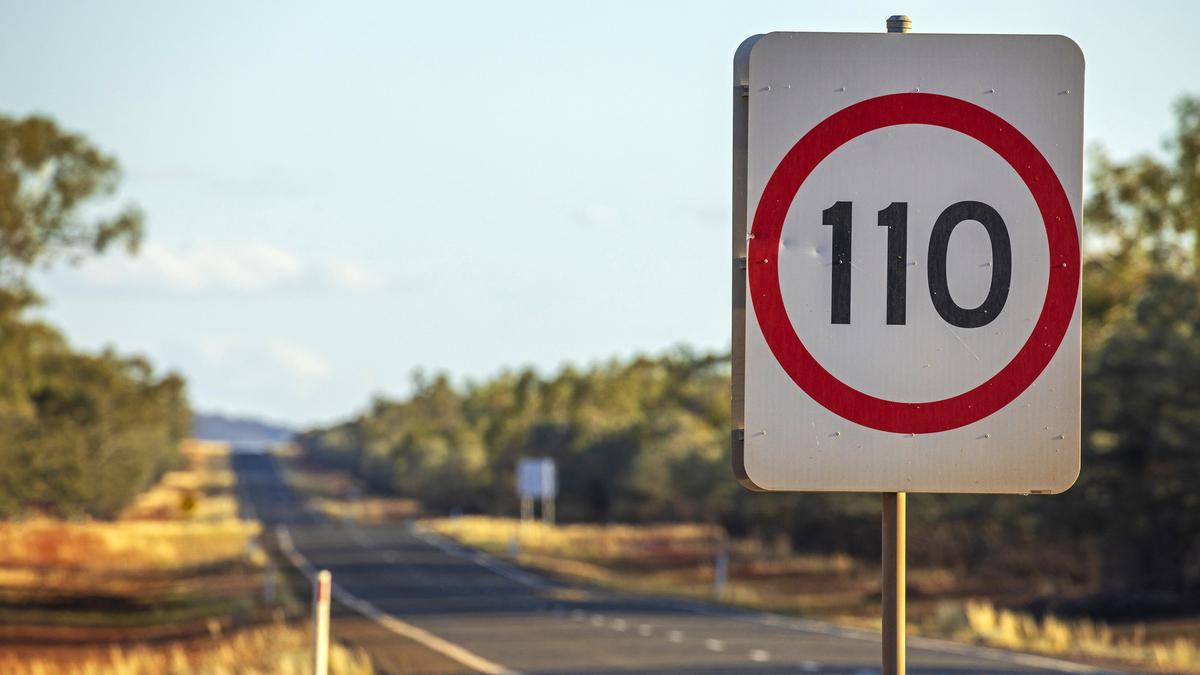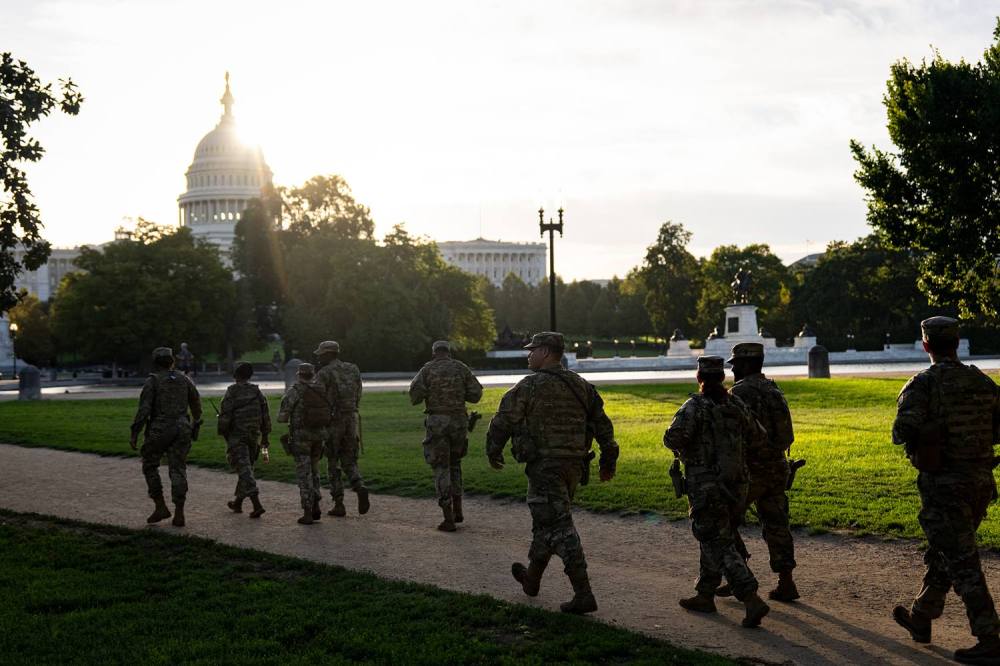Copyright countryman

Regional road users have been granted more time to comment on a Federal Government proposal to slash the default speed limit on non-signposted rural and regional roads across Australia. A regulatory impact analysis on the reduction of speed limits outside of built-up areas was proposed by the Federal Government in a bid to reduce the national road toll and trauma in rural, regional and outback Australia. Submissions were due to close on October 27, but the Federal Government gave an 11th hour reprieve and extended the deadline to November 10. Under the analysis, speed limits for sealed and unsealed roads are proposed to be as low as 70km/h. In May 2021 the National Road Safety Strategy 2021-2030, agreed to by the Federal government and all State and Territory governments, outlined a long-term target of zero road fatalities and serious injuries by 2050. Western Australia Transport Industry Association chief executive Cam Dumesny said road safety — and the road toll — could be improved through increased funding in upgrades and maintenance on regional roads. “In WA and the NT . . . the mix is about 30 per cent of the road network is sealed, 70 per cent is unsealed,” he said. “We use a lot of freight — particularly our remote communities rely on road transport. Our trucks already slow down when the roads are pretty rough because otherwise they damage the trucks.” Mr Dumesny said improved mobile coverage in regional and remote areas, and better emergency response times, would reduce the national road toll. He said a reduced national speed limit outside of built-up areas would mean longer times spent on the road for regional users — increasing the risk of fatigue-related crashes. “There’s a balancing point between speed and when fatigue kicks in — because you’re travelling so slowly just begin to drift off all of a sudden,” Mr Dumesny said. Federal Minister for Regional Development Kristy McBain said the extension of consultation on the proposal is an important opportunity to provide feedback. “We want to make sure every time someone uses our roads, they make it to their destination safely,” she said. “Whether it’s a truckie on a long-haul journey, or a parent picking up their kids from school. “Your feedback will help us better understand the current state of road safety as well as areas for improvement.” O’Connor MHR Rick Wilson opposed the proposal and said any changes to regional road speed changes will have a “significant impact” across the electorate, which is estimated to have a road network covering more than 20,000km. “The citizens of O’Connor rely on good quality road infrastructure and appropriate speed limits for the vast distances they are often required to travel for health, education and work purposes,” he said. “Likewise, as consumers, they rely on prompt and efficient delivery of goods and services, which could become untenable if travel and transport imposts like reductions to speed limits are to proceed.” In 2024, 1291 road deaths were recorded across Australia — the highest annual toll in 12 years. Mr Wilson said the consultation paper acknowledged the lack of available data on the exact proportion of fatal and serious crashes that occur on sealed default speed-limited roads outside of built-up areas across Australia. “It is also clear we still do not understand the root cause of most accidents, but fatigue could surely be exacerbated by further extending travel times,” he said. “We need to introduce no-fault investigations for road fatalities similar to the way the aviation industry and dangerous goods transporters review accidents.” Feedback on the proposal has been extended until midnight — Australian eastern daylight saving time — November 10.



